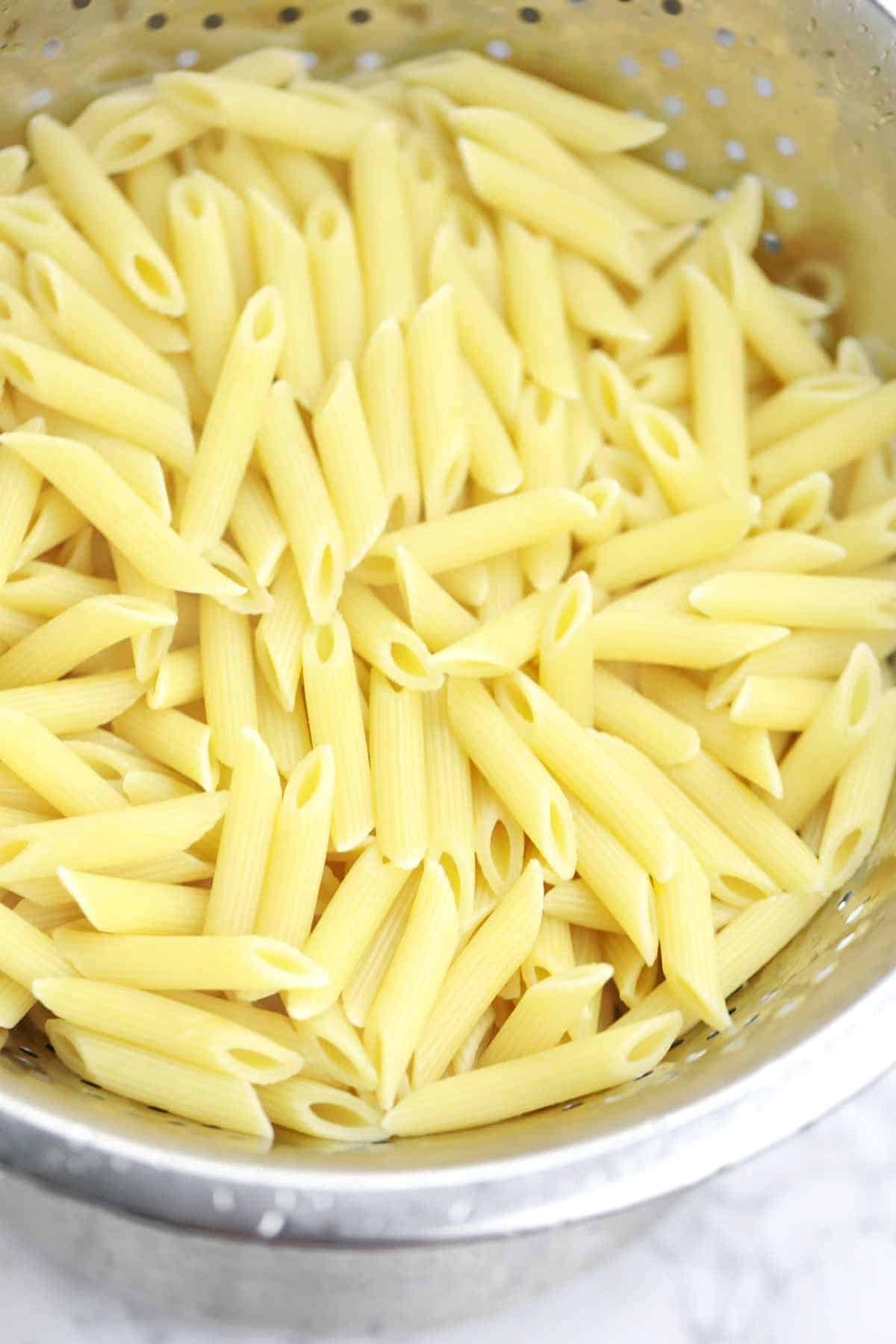Toothaches can strike unexpectedly, causing excruciating pain that disrupts daily life. While seeking professional dental care is crucial for long-term resolution, there are temporary measures that can provide quick relief. One such remedy is the use of pasta (paste) made from various ingredients that can alleviate pain. This article delves into the types of pasta that can help relieve toothache, how to prepare them, and their effectiveness based on research and anecdotal evidence.
Understanding Toothache: Causes and Symptoms

Before exploring home remedies, it’s essential to understand what causes toothaches. Tooth pain can arise from various conditions, including:
- Cavities: Decay that leads to tooth sensitivity and pain.
- Gum Disease: Inflammation of the gums can cause discomfort.
- Tooth Abscess: Infection at the root of the tooth can lead to severe pain.
- Cracked Tooth: A fracture in the tooth can expose nerves and cause sensitivity.
Common symptoms accompanying toothache include sharp pain, swelling, and sometimes fever. Understanding these symptoms can help in determining the appropriate course of action.
Common Ingredients for Toothache Paste
Several ingredients are known for their analgesic and anti-inflammatory properties, making them ideal for creating a toothache-relief paste. Here are some of the most effective ingredients:
- Clove Oil: Contains eugenol, a natural anesthetic that can numb pain.
- Garlic: Has antimicrobial properties that may help in reducing pain and infection.
- Salt: A natural disinfectant that can reduce inflammation and draw out infection.
- Turmeric: Contains curcumin, known for its anti-inflammatory benefits.
- Ginger: Acts as an analgesic and can help reduce pain.
How to Prepare Toothache Relief Paste

Creating a toothache relief paste is relatively simple and can be done with common household ingredients. Here are a few recipes you can try:
1. Clove Oil Paste

Ingredients:
- 1-2 drops of clove oil
- 1 teaspoon of coconut oil or olive oil
Instructions:
- Mix the clove oil with the carrier oil.
- Soak a cotton ball in the mixture.
- Apply it directly to the affected tooth for 15-20 minutes.
2. Garlic and Salt Paste
Ingredients:
- 1 clove of garlic
- 1/2 teaspoon of salt
Instructions:
- Crush the garlic clove to form a paste.
- Add salt and mix well.
- Apply the mixture to the affected area for 10-15 minutes.
3. Turmeric and Ginger Paste
Ingredients:
- 1 teaspoon of turmeric powder
- 1 teaspoon of ginger powder
- Water as needed
Instructions:
- Mix turmeric and ginger powder with enough water to form a paste.
- Apply the paste to the painful area for 15-20 minutes.
Effectiveness of Home Remedies

While home remedies can offer temporary relief, their effectiveness can vary from person to person. According to a study published in the Journal of Dentistry, many patients reported significant pain relief after using clove oil, highlighting its effectiveness in managing tooth pain. However, it’s important to note that these remedies do not replace professional dental treatment.
Some anecdotal evidence suggests that garlic and salt paste has worked for individuals suffering from toothaches due to its antibacterial properties, while turmeric and ginger are praised for their anti-inflammatory effects. However, scientific research on these specific mixtures is limited, emphasizing the need for further studies.
When to Seek Professional Help

While home remedies can provide temporary relief, it’s essential to recognize when to seek professional dental care. You should consult a dentist if you experience:
- Persistent pain that lasts more than a day or two.
- Swelling or redness around the gums.
- Fever or diarrhea, which may indicate an infection.
- Difficulty swallowing or breathing.
Delaying professional treatment can lead to more severe dental issues, including infections that can spread to other parts of the body.
Preventing Toothaches: Best Practices

Preventive care is crucial in maintaining oral health and minimizing the risk of toothaches. Here are some best practices to consider:
- Regular Dental Checkups: Schedule appointments at least twice a year for professional cleanings and examinations.
- Good Oral Hygiene: Brush twice a day and floss daily to prevent cavities and gum disease.
- Healthy Diet: Limit sugary foods and beverages that can lead to tooth decay.
- Fluoride Use: Use fluoride toothpaste and consider fluoride treatments as recommended by your dentist.
Toothaches can be debilitating, but quick relief can often be achieved through simple home remedies. Pasta made from ingredients like clove oil, garlic, turmeric, and ginger can provide temporary relief and help manage pain until you can see a dentist. However, it’s crucial to remember that while these remedies can alleviate discomfort, they are not substitutes for professional care. Recognizing the signs that indicate a need for dental attention is vital for maintaining long-term oral health. By following good dental hygiene practices and seeking regular checkups, you can minimize the risk of toothaches and ensure a healthier smile.




